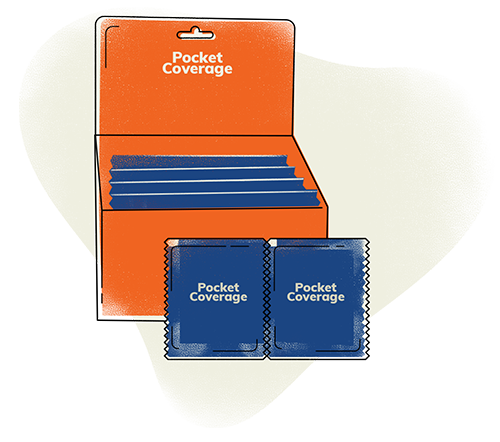Insurer will be able to cater to a wide audience with flexible insurance products, which can take care of short-term and temporary needs.

Despite being the second-most populous country in the world, insurance penetration in India is abysmally low compared to other nations. According to the Economic Survey 2018 report insurance penetration in India stood at 3.69% in 2016-17, much lower than the global penetration rate of 6.28%.
However, insurers have taken initiatives over the years to enhance penetration by offering customised products. Even IRDAI has come out with ‘Sabse Pahle Insurance’ campaign talking about availing immediate insurance solutions for the smallest of needs. This is where flexible insurance products have begun to feel potential game changers for the sector.
Rise of millennial population
India is expected to be the youngest country by 2022, with an average age of 29 [1]. Also, studies indicate that by 2020, millennials will be 50% of the workforce and by 2025, this number is expected to touch 75% [2]. The spending patterns of millennials differ widely, and they don’t shy away from spending on luxuries such as buying expensive gadgets, going on vacation frequently and eating out, among others.
For them, what matters most is the present. Tech-savvy, these millennials like to do things on the go and often prefer staying away from long-term commitments. Flexi insurance products can go a long way to bring them under the ambit of insurance. This is because these products don’t bind one to long-term contracts. The flexible terms and conditions of such products make them easy to understand and avail.
Change in the way of living
Digitisation and the smartphone revolution have altered the way of living. Be it buying a gadget or a car, preferences have undergone a sea change. Today’s generation are not averse to renting a vehicle or changing it every 3-4 years, unlike their predecessors who preferred sticking to one or maximum two cars in their entire life.
This changing buying pattern calls for product innovation which can mould itself as per evolving needs. This is where insurers need to carve out flexi insurance products which can be availed for short-term needs and customised as well.
The rise of digital platforms means that insurers can quickly push these products to satiate temporary needs. For a generation that loathes paperwork, flexible insurance products offer a one-stop solution to a range of requirements, creating a win-win situation for both parties. While it results in increasing insurance penetration for insurers, the same helps policyholders to understand its wider usage.
Target seasonal needs
In a dynamic and competitive landscape, insurers need to cater to not only long-term needs, but also seasonal ones. For instance, the onset of monsoon brings a host of vector-borne diseases such as dengue, malaria and chikungunya, among others.
For offering a financial cushion against expenses incurred for these diseases, flexi insurance products specifically catering to their ailments can help more people to bring under the purview of health insurance. At the same time, those who already have a health insurance plan can use these insurance plans to prevent losing out on no claims bonus (NCB).
Easy on pocket
People often cite the premium amount as a deterrent for not availing insurance. However, flexi insurance products can address this bottleneck to a large extent. This is because flexi insurance products are much cheaper than their traditional counterparts.
For example, a dengue-insurance plan offering coverage of Rs. 10,000 can cost anywhere between Rs. 50 to 100. Though it varies across insurers, the premium amount doesn’t pinch pockets hard. Also, the fact that one need not remain committed to it for a long term, makes it easy to adopt.
Today, along with diversity in product offerings, customers want flexibility in terms of opting out, if needed, and flexible insurance products offer this facility as well.
To sum up
Flexi insurance products will help insurers cater to a wide audience, thus deepening its penetration. It will aid insurers to supplement the existing coverage of policyholders at a cost-effective price. At the same time, these offering can easily take care of the short and temporary needs of policyholders, who can use them to get an understanding of more comprehensive products.
Related Article:
Is Digital Disruption Powerful Enough to Reshape the Indian Insurance Sector?
4 Reasons Why Indians Buy Such Little General Insurance